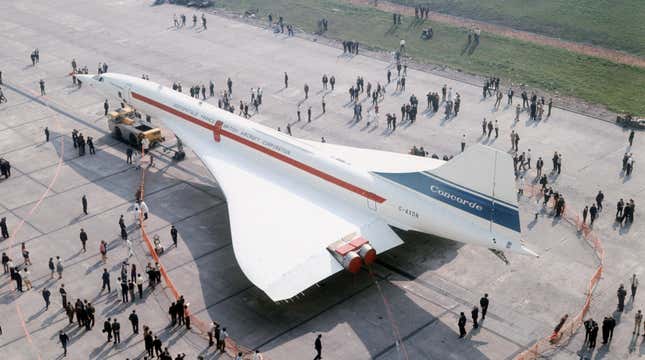
When supersonic flight was set to transform passenger air travel in the late 1960s, Miami-Dade County had grand ambitions of becoming the center of commercial aviation’s fledgling intercontinental network. Local government wanted to construct the world’s largest airport in the middle of Everglades, 60 miles west of South Beach. However, plans for Everglades Jetport collapsed due to technological limitations and concerns about permanently damaging the Everglades.
Everglades Jetport was planned to have six runways with each just under two miles in length. According to the National Park Service, the facility would have been five times larger than New York’s John F. Kennedy International Airport. The Jetport’s remote location in the future Big Cypress National Preserve also necessitated the construction of a new interstate highway and a monorail link to Miami. The sheer extravagance of the late Jet Age was going to be distilled and extracted onto 39 square miles of swamp land.
Miami-Dade County’s goal was to leverage the Everglades Jetport’s preeminent hub status to propel Miami onto the world stage. It’s a plan that the City of Atlanta successfully launched a decade later with Hartsfield-Jackson International Airport, currently the busiest airport in the world.
What went wrong? First, Boeing canceled its supersonic challenger to the Concorde in 1971 over astronomic development costs and public concern surrounding sonic booms. Pan-Am and TWA each placed at least a dozen orders for the Boeing 2707. Second, the public backlash against supersonic noise pollution also forced further government action. The Federal Aviation Administration eventually banned overland supersonic commercial flights in 1973, dramatically shrinking the number of viable routes for Concorde services.
Lastly, the local protests led by suffragette and conservationist Marjory Stoneman Douglas, with empirical support from the first environmental impact study in Florida’s history shifted opinions about the Everglades Jetport. President Richard Nixon withdrew federal funding for the Jetport project in 1970. The Big Cypress National Preserve was established in 197 by President Gerald Ford, the final nail in the project’s coffin.
However, a single runway was completed before the project was halted. The runway opened as a general aviation airport as Dade-Collier Training and Transition Airport. The facility’s remote location allowed it to serve as an airliner flight training center until the advent of flight simulators. The Miami Herald reported in 2015 that there were plans to establish a Paris Air Show-style trade fair at Dade-Collier, but nothing came to fruition. Besides handling around a skim dozen flights per day, the lengthy strip of pavement is also used for runway racing events.

